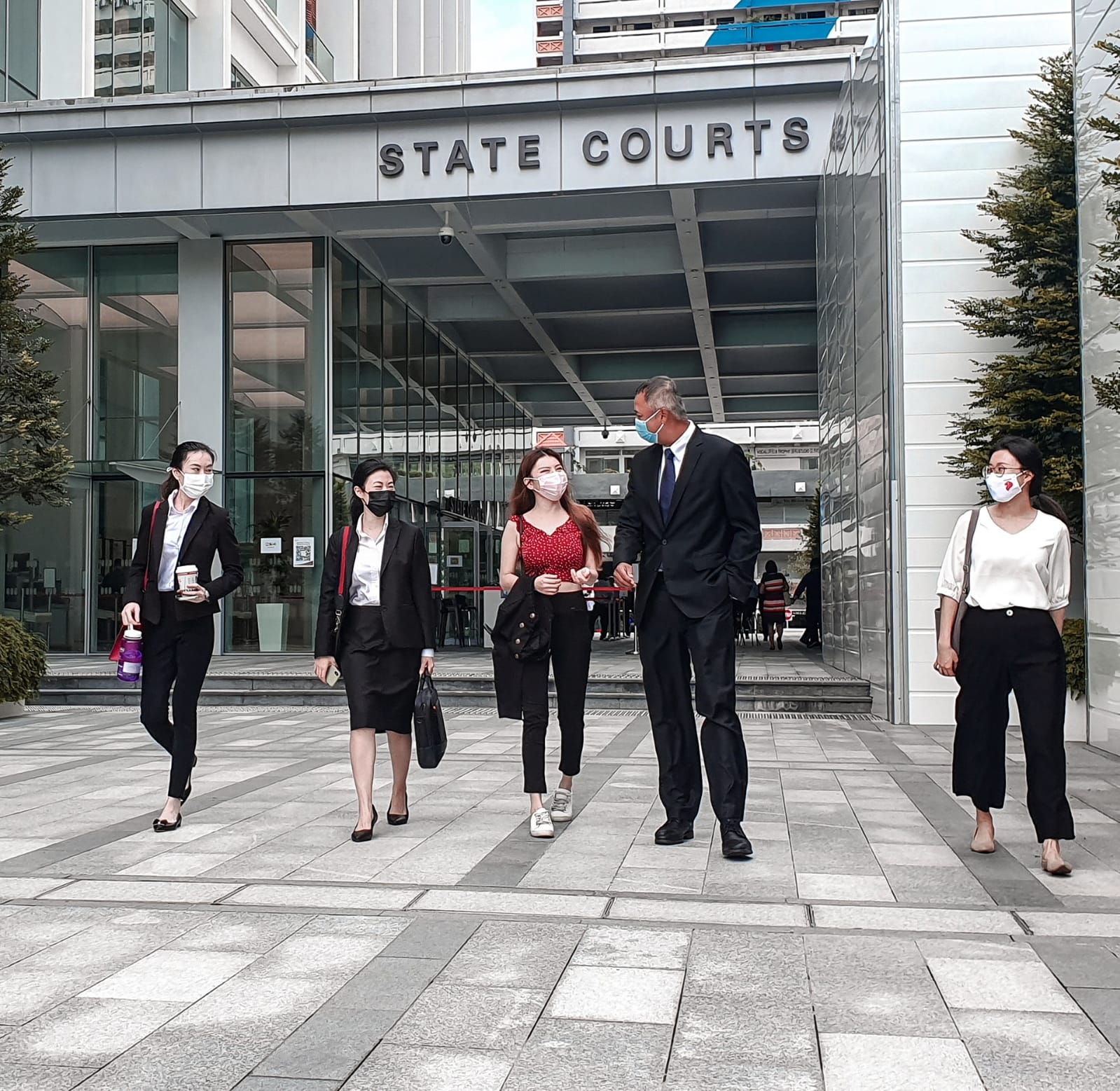I’m surprised this community initiative isn’t more well-publicised, even though it’s been running for close to 1½ years.
So I thought I’d spread the word about Masjid Al-Istighfar‘s “Water for All” programme.
The mosque on Pasir Ris Walk has two water dispensers installed outside its premises to provide water to all passers-by.
I love the idea for two reasons: First, it’s the epitome of what it means to be human – unconditionally providing sustenance to all in need.
Second, it’s one of those concepts that people will knock down a peg at first blush – then stare, slack-jawed in awe, when they realise how ingenious it is.
This project is a simple yet brilliant way of generating goodwill in the community and beyond.
For context, the dispensers are conveniently located along a park connector frequented by joggers and cyclists.
All the mosque has to do: Be there to quench parched throats and effectively meet needs.
The returns from the compassion it invests in people for the cost of a sip of water? Priceless.
Now, imagine if all places of worship across Singapore did the same.
My hope is for a non-denominational group to take up the reins and coordinate it such that the nationwide project could be sponsored by businesses, as part of corporate social responsibility efforts.
This way, companies would be more willing to donate to such a cause; it wouldn’t be tagged to a single religious organisation, which might create perceptions of preferential treatment.
If you’re interested in paying Masjid Al-Istighfar a visit, make it a fun fitness activity – it’s part of the National Heritage Board‘s Pasir Ris Heritage Trail.

